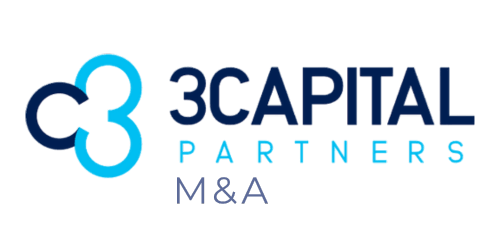
Mergers and acquisitions (M&A) transactions are complex events that bring two companies together, either through a merger or through the acquisition of one company by another. These transactions can bring significant benefits, such as access to new markets, diversification of products and services, and synergy of resources. However, for these benefits to be fully achieved, it is crucial to have a good integration between the companies involved.
Integration processes and their importance
Integration is the process by which two companies come together and begin to operate as a single entity. This process involves the integration of several sectors, such as finance, operations, human resources, technology and corporate civilization. Lack of proper integration can lead to issues such as role duplication, leadership conflicts, loss of key talent, and a slower, more difficult transition.
Furthermore, efficient integration can lead to better utilization of available resources. Companies involved in M&A transactions often have overlapping areas of activity. By integrating these areas, it is possible to eliminate redundancies and optimize the use of resources, which can result in cost reduction and increased profitability.
The integration challenges
While integration is essential to the success of an M&A transaction, it also presents enduring challenges. One of the main challenges is cultural compatibility. Each company has its own organizational culture, values and ways of working. Successful integration requires identifying cultural differences and developing strategies to deal with them. This may involve creating cultural integration programs, training and actions to promote collaboration and cohesion between teams.
Another recurring challenge is the integration of systems and processes. The companies involved may have different technology systems, which makes data integration and efficient communication between departments difficult. It is essential to invest in technological solutions that guarantee the integration of systems and the effective exchange of information.
In addition, it is necessary to have a clear communication strategy throughout the integration process. Employees need to be aware of the changes taking place, as well as the expectations and goals of the new entity. Transparent and constant communication can help reduce resistance to change and promote employee engagement.
The role of Due Diligence in this process
Throughout this process, a fundamental step is due diligence, a set of research and analysis activities carried out to thoroughly assess the company’s target, its assets, liabilities, legal obligations, contracts, financial performance, operating history, among other relevant aspects. This investigation process aims to provide a comprehensive and accurate view of the target company’s situation, allowing the company to make controlled decisions and minimize future risks.
During a due diligence, a multidisciplinary team of experts, including accounting, finance, legal, human resources and technology professionals, is involved to perform a detailed analysis of all critical areas of the target company. This analysis includes review of documents, interviews with key managers, analysis of financial reports, review of contracts and legal obligations, among other relevant aspects. The aim is to identify any potential issues such as hidden liabilities, pending lawsuits, unfavorable contractual obligations or operational issues that could affect the viability and value of the transaction.
Well-executed activities allow the acquiring company to fully understand the risks and opportunities involved in the M&A transaction. Based on the information transmitted during this process, the acquiring company can more accurately assess the value of the target company, as well as identify areas that required special attention during the integration process. Due diligence also provides a solid foundation for the future, helping the acquirer to make more informed strategic decisions and establish a more efficient integration plan, playing a crucial role in mitigating risks and maximizing the benefits of an M&A transaction, ensuring a successful integration and a smooth transition into the new merged entity.
You need to rely on someone who understands the subject
In order to guarantee the passage of the entire process, the support of a company specialized in the mergers and acquisitions market, which has a vast history of successful transactions in different parts of the world. 3Capital is recognized for its extensive experience in this field, with a dedicated team that has accumulated more than three decades of experience. By choosing 3Capital as a strategic partner, you will have highly prepared professionals at your side to contribute significantly to the expansion of your business. Our personalized approach and in-depth knowledge of the market allows us to offer tailor-made solutions for each client, adapting to their specific needs.



